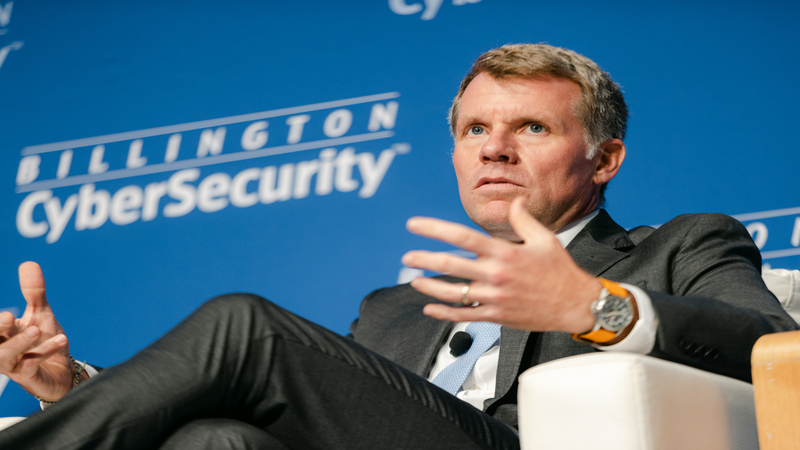
The State Department is currently working on a new comprehensive version of an international cyber strategy that it will be circulating around the agency and government this fall.
Nathaniel C. Fick, ambassador at large for the agency’s Bureau of Cyberspace and Digital Policy, discussed some of the work the bureau has been drafting up in the past few months during the Billington Cybersecurity Summit on Sept. 6.
“We do think there’s some conceptual new ground to break and we’re working on that right now. We will definitely have a draft circulating inside of government this fall, and we hope to have the product out in the world, obviously as quickly as possible,” stated Fick.
Development of the strategy comes as technologies such as AI and machine learning (ML) become more prevalent across the world and countries compete for AI dominance.
When asked about the approach the U.S. must take to lead in AI technology, Fisk said the State Department does not “intend for our approach to AI to be as laissez-faire as our approach was on some earlier generations of technology, the stakes are too high.”
He also made it clear that the United States is remaining committed to helping lead the way in technology innovation through important global partnerships. “The bottom line is, the U.S. has to show up and we have to engage more or less everywhere.”
Other important partnerships that have helped advance the importance of cybersecurity include those forged among allies around Russia’s invasion of Ukraine. Development of those partnerships, Fick said, has been a “silver lining” to the war.
“Critical enablers of Ukraine’s fight on the tech side have included migration for government enterprise to the cloud, wide-scale provision of distributed resilience and communications, to very quick information sharing feedback among Ukrainian government, U.S. and allied governments in the private sector to blunt Russian cyber-attacks inside Ukraine,” stated Fick.
“So there have been some successes in the context of a very brutal, bloody, 18-month conflict,” stated Fick.
The State Department official also emphasized the importance of public-private partnerships as a necessity to advance the cybersecurity agenda of the U.S. government.
“I am a big proponent of finding ways to cross-pollinate between these worlds … as people think about the arc of their career, give a little time to public service,” Fick said.
